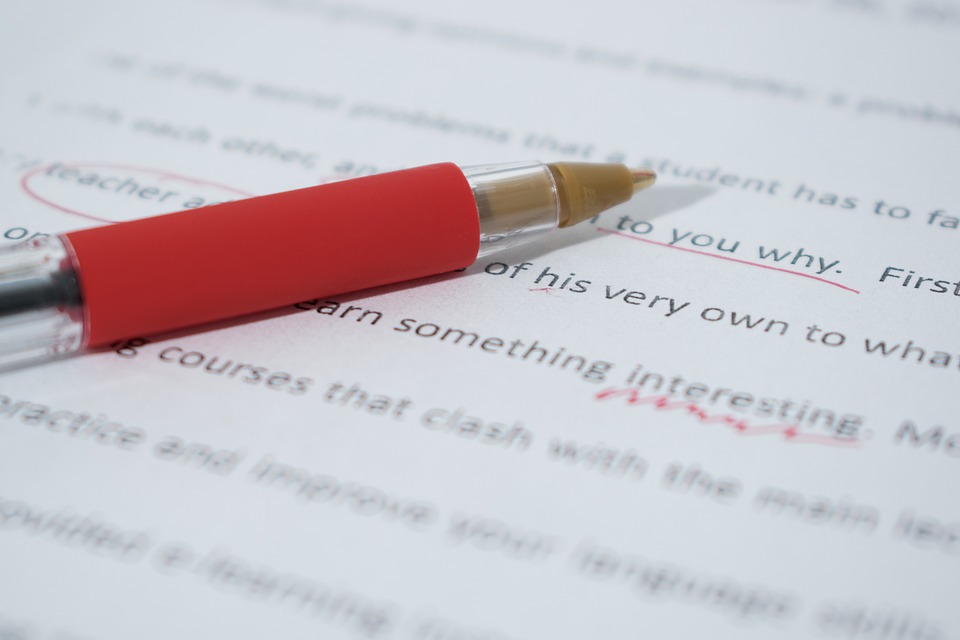Everything You Need To Know About Car Tire Feathering: Know The Ways To Fix It
An abstract is a summary of a complete work, such as a thesis or dissertation. Readers can easily understand the topic of your work by reading the abstract, which briefly summarizes the objectives and findings of your research.
Your abstract should indicate the goals of your research, the methods you utilized, and your conclusions. The structure may vary significantly based on your discipline. The word limit for abstracts ranges from 100-300 words. Sometimes the word limit is strict, so you must check the relevant requirement first.
Ways To Write an Abstract For Thesis
The following ways or steps are involved in writing an effective abstract for the thesis.
1. Introduction
The general information needs to be added at the beginning of the abstract. The introduction will let the readers know about the conducted work background information. However, you can add some brief context related to your academics without adding detailed information.
After identifying the problem, add your research’s thesis statement or objective. The purpose of the thesis or paper and sets the primary argument of an author established by the thesis statement. A thesis statement guides the reader through the primary argument and identifies the relationship between pieces of writing to support your argument.
You can choose useful verbs, such as “investigate”, “evaluate”, and “analyze”. The present or simple past tense is used to write this part of the summary. You cannot use future tense as research is already completed.
2. Methods
After writing an introduction, you need to include research methods. It comprises two to three sentences describing which methods you follow to conduct your research. This part is written in simple past tense and performs completed actions.
The purpose of this section is not to discuss the methodology’s advantages and disadvantages. But rather to provide the reader with a brief overview of the overall strategy and methods you used. Don’t assess validity or difficulties here.
3. Results
This part of an abstract is comprised of summarizing the main research results. But specific data must include in writing an abstract for a scientific paper, because it indicates the results of the project. Your results of the conducted research are too long and complex.
You cannot add all results. But other abstracts may only discuss finding in a general way. So, it would help if you highlighted the most feature findings so that the reader can understand the conclusion. It should be in the past or simple past tense.
4. Discussion
In this last step, you should discuss the conclusions of your research. What have you found out about the problem or question? So that the reader will understand whether the central point of your research has been proved. It is written in the present simple tense.
If your research has significant limitations (for instance, those relating to sample size or methodology), you should briefly discuss them in the abstract. It enables the reader to accurately evaluate your research’s credibility and generalizability.
If your goal was to address a real-world issue, your discussion might have included suggestions for action. You can briefly recommend additional research for the future.
5. Keywords
It is the requirement in thesis writing that you have to add three to five keywords at the end of the abstract. However, if later you want to make a paper from your thesis. These keywords will be helpful for the readers to find out about your paper during their literature searches.
6. Edit and Proofreading
You need to spend time on editing and proofreading purposes. You can take help from your friends, colleagues, and even your professor. These suggestions will help to improve your abstract. You can revise several drafts to produce an accurate and clear outline for your thesis.
What Strategies Can Help You To Write A Good Abstract For Your Thesis?
Compiling your work into a couple of hundred words is a great challenge. The abstract is the first part that people read and must be right. However, these strategies will help you to improve your abstract writing.
- One of the best ways to write an abstract in your discipline is to read the other abstracts of the thesis and journal articles. This reading will help you to write your thesis abstract in an organized and better way.
- To write a good and impactful abstract, make it short. Ensure that every word count matters. One main point should be communicated in each sentence.
- To keep abstracts short, avoid the use of passive voice. You need to add substitutes and avoid long sentences. When possible, remove unnecessary words to avoid repetition.
- You don’t need to add detailed information. Add a clear and short description.
- Keep the material of the abstract factual; in other words, avoid adding too much or any opinion. Because doing this will undoubtedly make your writing seem ambiguous and even lack organization.
What is the best time to write an Abstract?
First complete the whole thesis writing and then craft an abstract at the end. This brief summary of the allows readers to get the key details and form their own opinions regarding the dissertation’s result. This unique content must be perfect and original.
An abstract must include when:
- Thesis or dissertation completion
- Research paper or article submission to a desired Journal
- To win research grants
- Writing for a book chapter
Final Thoughts
The reader should be given a brief explanation of research in the abstract of your dissertation or thesis, as well as what you did, what you discovered, and what it implies. Most readers of your thesis are likely to read the abstract only. Writing a good abstract is the best way to convey your research effectively and shows that you are a good researcher.



Recent Comments